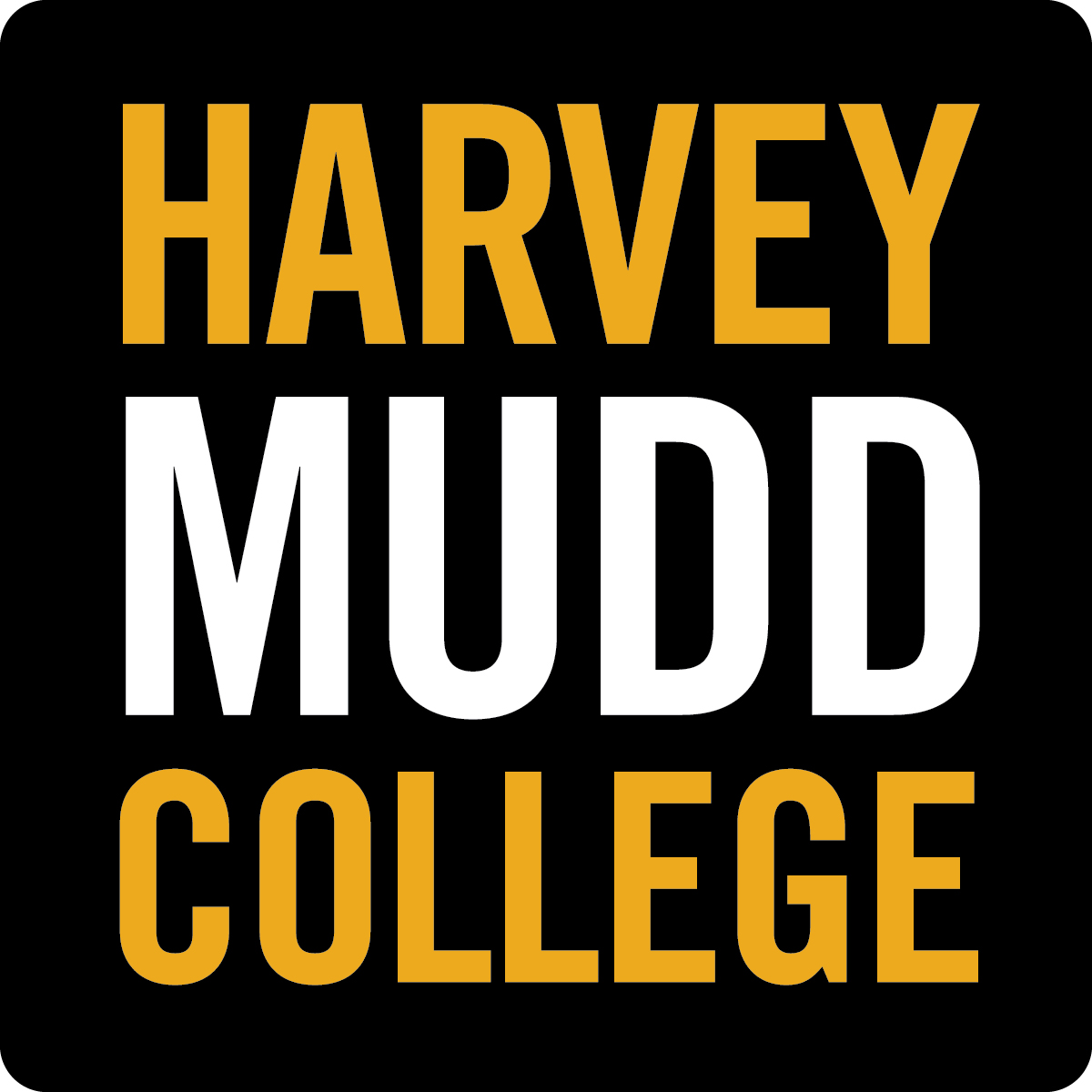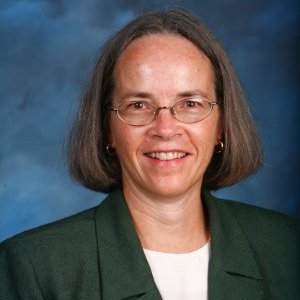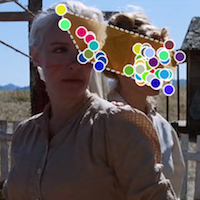
|
The 11th CCSC Southwest Region ConferenceMarch 23-24, 2018 |
Keynote Speakers
| NSF’s Big Ideas and Implications for Research | Date: Friday, March 23, 2018 Time: 2:10pm |
| Stephanie E. August, National Science Foundation |

|
|
Abstract: Cyborgs, pervasive computing, machines as humans – what are the implications of our rapidly evolving human-technology interface for science, education, work, and society? National Science Foundation Director France Córdova has announced an ambitious research agenda focusing on a set of Big Ideas related to both research and process that are expected to lead to transformative discoveries and build on work currently underway within the foundation [1]. Córdova is counting on educators and scientists to submit ambitious grant proposals that move beyond the comfort zone of projects with guaranteed success exploring familiar topics, to uncover and answer the questions that are sensed or implied by recent technological advances, but which have not yet been articulated. How do the ideas fit within and build upon existing NSF programs? What will PIs need to address to receive funding? This talk will map a subset of the Big Idea themes to research questions, objectives, and activities and walk through the pipeline of education research [2] that guides successful STEM education projects.
| |
|
Biography: Stephanie E. August is a Program Director in the Division of Undergraduate Education at the National Science Foundation. She is a Professor in the Department of Electrical Engineering and Computer Science, Seaver College of Science and Engineering, Loyola Marymount University, Los Angeles. Prior to LMU she was a staff engineer at Hughes Aircraft Company and a copy cataloger. Stephanie has served as department director of graduate studies and special assistant to the chief academic officer for graduate studies at LMU. She is interested in online interactive digital learning environments and infusing other disciplines with computing concepts and has taught courses such as English+graphics+computing, animation+computing, and English composition+computing. She is also interested in computational models of reasoning by analogy and exploring the boundaries between people and machines. She received her B.A. in Slavic Languages and M.S. and Ph.D. in Computer Science, all from the University of California, Los Angeles. |
| Enough with the Bell-Bottom Programming | Date: Friday, March 23, 2018 Time: 6:00pm |
| Ben Shapiro, Assistant Professor of Computer Science at the University of Colorado Boulder, |

|
|
Abstract: Much of today's computing education revolves around computer science that was current in the 1960s and 70s. While many computing ideas and practices of that time endure, numerous exciting advancements in computing have arisen since, including both technical and social advancements. Yet these developments are scarcely reflected in typical introductory computing coursework, and the tools that support them. In this talk, I'll discuss the frustrating stagnancy of the computing curriculum and opportunities for re-contemporarizing computing education, will illustrations from my research. Attendees should bring a laptop, as the talk may involve some hands-on hacking. | |
|
Biography: Ben Shapiro is an Assistant Professor of Computer Science and the ATLAS Institute in the College of Engineering and Applied Sciences at the University of Colorado Boulder, where he is also faculty, by courtesy, in Learning Sciences & Human Development and the Department of Information Science. His research group, the Laboratory for Playful Computation (LPC), investigates how to help young people with diverse backgrounds to learn computer science through collaborative, creative expression and through the design of interactive technologies to solve problems in their homes and communities. This research encompasses the design and development of new educational technologies, and the formation of partnerships with teachers and community organizations to co-create inclusive and expansive learning opportunities for children and adults. He earned his Ph.D. in Learning Sciences from Northwestern University and was a postdoc at the University of Wisconsin—Madison. He has a B.A. in Independent Studies from the University of California, San Diego. |
| Your Brain on Film: Human Gaze Response to Filmmaking Techniques | Date: Saturday, March 24, 2018 Time: 3:10pm |
| Dr. Katherine Breeden, Assistant Professor of CS at Harvey Mudd College |

|
|
Abstract: It is common for multiple viewers of a dynamic visual stimulus to look at the same image regions simultaneously. This curious phenomenon is known as attentional synchrony. One promising body of knowledge for exploring attentional synchrony is cinema: film directors are masters at controlling what we look at when we watch a film. Over the last century, the visual and temporal structure of films has matured into a rich compendium of conventions addressing image composition, temporal discontinuities (edits), lighting, and so on. Simultaneously, viewers' understanding of the common film grammar has co-evolved. However, there has been very little quantitative analysis of how gaze responds to this type of highly structured content. This talk examines the relationship between high level image features and gaze response, with implications for the future of media, display technology, immersive reality, and human cognition. | |
|
Biography: Katherine Breeden is an Assistant Professor of Computer Science at Harvey Mudd College. |
